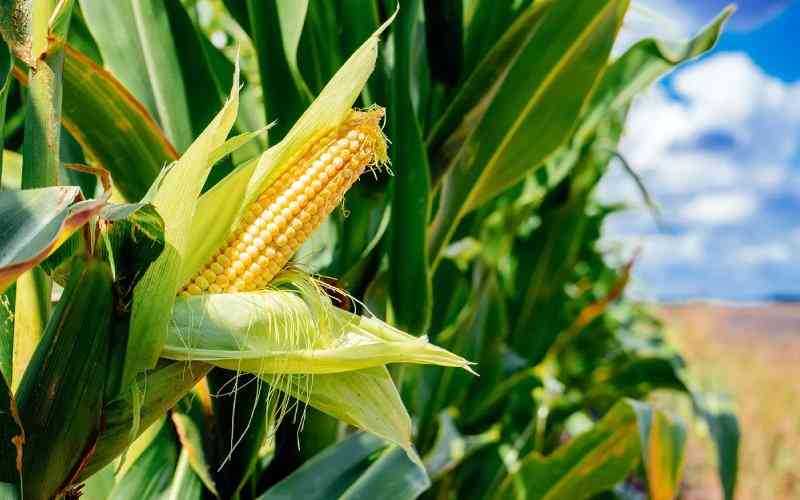×
The Standard e-Paper
Stay Informed, Even Offline

The government has lifted its ban on Genetically Modified Crops (GMO) after 10 years' suspension.
Farmers will therefore be allowed to cultivate and import food crops and animal feeds produced through biotechnology.